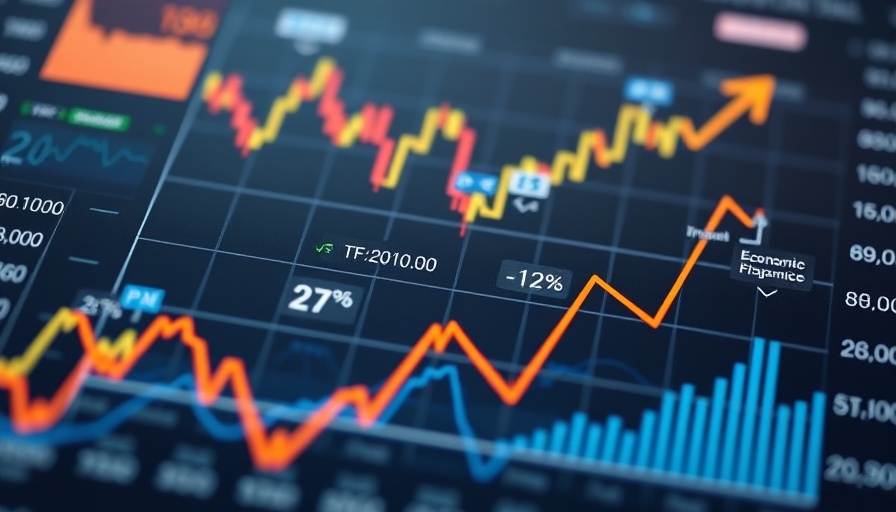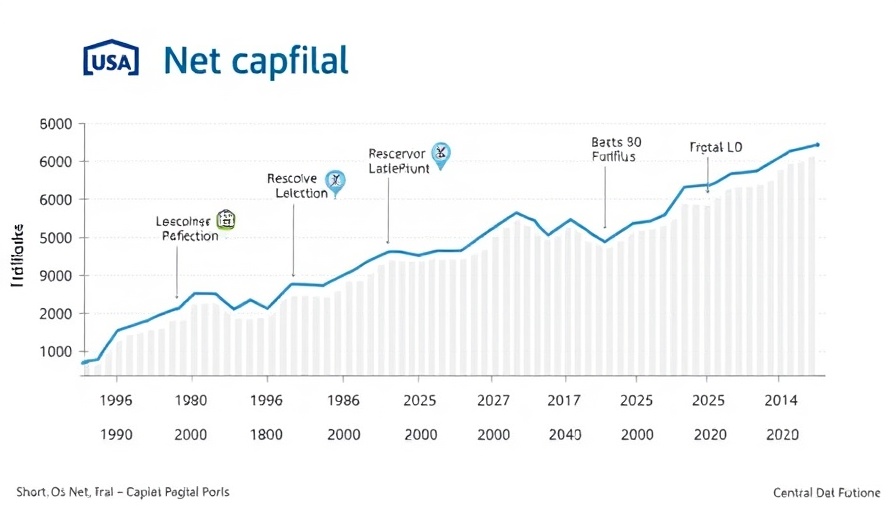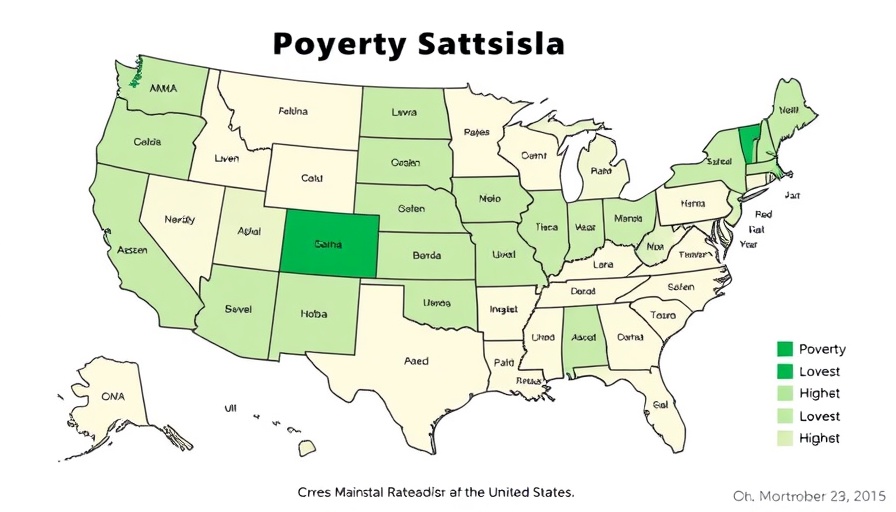
Navigating the Complexity of Economic Predictions: What's Ahead for 2025?
As we look toward 2025, the economic landscape is painted with shades of uncertainty and opportunity. A common theme among analysts is that economic forecasts have become increasingly speculative, reflecting a market environment that is volatile and unpredictable.
Market Reactions to Political Shifts
The recent political shifts, particularly with Donald Trump’s return to the presidency, have resulted in significant changes in economic projections. Analysts suggest that Trump's policies may lead to a redefinition of traditional economic indicators as his administration tightens regulations and tariffs. The immediate effects are palpable: stock markets are rife with anxiety over potential recessions, and businesses hesitate to invest in the future. The upcoming election cycle further complicates predictions.
The Underpinnings of the Global Economy
Empirical studies underline a crucial observation: the market often acts independently of personal opinions or expectations. Despite what economists at firms like Goldman Sachs or UBS might assert, market downturns are seldom foreseen with accuracy. As Barry Ritholtz points out, the reality is that no one, including ourselves, possesses a crystal ball. This underscores an essential truth in investing: the unpredictable nature of economic cycles can derail even the most confident forecasts.
Long-Term Implications for Investors
For younger, asset-light investors, the current market decline might present opportunities to capitalize on future rebounds. However, this perspective fails to account for the broader implications of prolonged market crashes. As prices dip, economic health tends to follow suit—jobs are lost, spending declines, and the cycle of recession deepens.
Lessons from Across the Globe: From AI to Energy
On an international scale, countries like China are leveraging technology, particularly in AI adoption, to reinvigorate their economies. Experts estimate that projects like DeepSeek could significantly enhance China's GDP by 2030. This makes it essential to monitor how technological advancements can counteract downturns in traditional industrial sectors and reinvigorate economic health.
The Future of Trade Dynamics: Natural Gas and Global Markets
The geopolitical landscape is heavily influenced by energy markets, notably natural gas, which has become a critical export for the U.S. Under Trump’s administration, energy diplomacy is poised to strengthen, potentially reshaping the global market for years to come. This emphasizes the need for investors to stay informed about shifting trade dynamics and energy consumption patterns.
Philanthropy Under the Microscope
Interestingly, as the wealth distribution landscape changes, so too does philanthropy. While some of America’s richest individuals fall off the radar of major donor lists, this shift raises questions about societal contributions and corporate responsibility. Understanding the implications of varying levels of donation will be crucial for future socio-economic stability.
Becoming Proactive in Times of Change
Ultimately, as economic experts acknowledge, understanding how to navigate this complex terrain will be key for individuals, businesses, and policymakers. With an outlook that is punctuated by disruption, remaining adaptable will be essential. Take time to subscribe to insightful reads and stay informed of upcoming changes that may affect your economic landscape.
 Add Row
Add Row  Add
Add 




Write A Comment